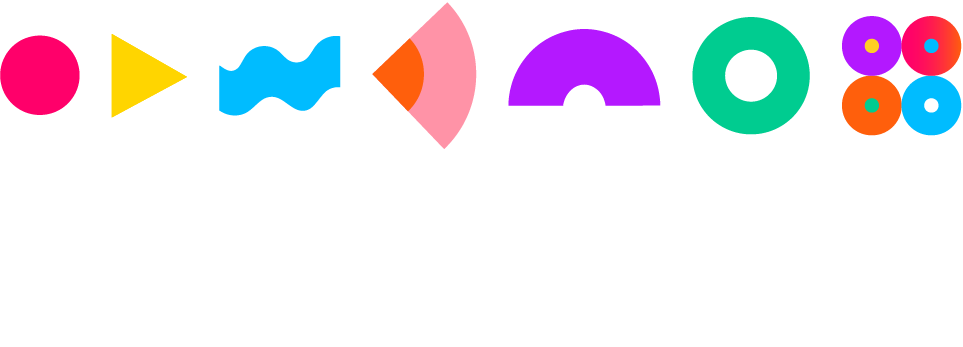Powered wheelchairs
Powered wheelchairs can give a disabled child or young person the mobility and freedom they need to reach their full potential.
Providing mobility and independence, the right powered wheelchair can enable someone with a disability access to places and situations which they would otherwise be excluded from.
For someone who would otherwise be dependent on others, being able to do things for themselves can be life changing.
Whilst the NHS Wheelchair Service should always be your first port of call for a powered wheelchair, if your child just falls outside of their criteria or if you have a very complex child then we may be able to help.
Buggies
In some instances a specialised buggy is the best and most practical solution for a child with mobility or safety issues to get around. As oppose to a manual wheelchair.
Although buggies can be provided by the NHS as an alternative to a manual wheelchair, each wheelchair service area tends to have its own rules. Some will not provide a buggy due to the child’s age or because a
child can walk, but for various reasons refuse to do so.
If your child falls just outside the NHS criteria or there is another reason why a privately funded buggy is the best option, then we may be able to help. We can provide buggies for keeping a child safe, or for families who struggle with their existing wheelchair because of where they live or transport considerations.
We can also help with a tandem buggy where a family has one child with special needs and an able bodied younger sibling. Lastly we can also provide storm and rain covers for buggies provided by the NHS that can be very costly.
Car Seats & Harnesses
You should choose a child car seat based on your child’s height or weight. In the case of a disabled child they may have additional needs such as posture or safety.
Children must normally use a child car seat until they’re 12 years old or 135 centimetres tall, whichever comes first. Children over 12 or more than 135cm tall must wear a seatbelt.
You should choose a child car seat based on your child’s height or weight. In the case of a disabled child or young person they may have additional needs such as posture or safety.
Sometimes a child or young person won’t necessarily need a specialised car seat due to their size or condition but they do require a specialised harness.
Harnesses can offer some postural support by keeping a child upright, however mainly they are used for children who may display challenging behaviour as a means of keeping them safe and secure in their seat during a journey. Vehicle safety belts must be worn over the top of these harnesses.
Therapy Tricycles
Therapy tricycles are a great way to engage children with visual, spatial, physical or neurological difficulties.
We all have fond memories of childhood bicycle rides, but a child with a disability may not be able to have this opportunity unless they have a specialist therapy tricycle that is suitable for their needs.
They are a great way to engage children with visual, spatial, physical or neurological difficulties in activities that will build their strength and confidence, which can in turn help to improve mobility and enhance their independence.
Riding a tricycle can become an important part of any physiotherapy regime. There are many potential adaptations which can be made to tricycles to accommodate any child’s individual physical disabilities and to ensure that it is best suited for them, such as straps, back supports, head supports, pulley systems, steering limiters, and adapted pedals.
Multi-Sensory Equipment
Sensory activities can be particularly valuable for children with a disability.
Multi-Sensory Equipment may offer enhanced opportunities for children with disabilities to explore and interact with their environment using different senses.
Whilst each child will have their own sensory profile of likes, dislikes and needs, the families we have previously supported with Multi-Sensory Equipment have reported increased relaxation and enjoyment in their children and an improvement in quality of life for the family.
Multi-Sensory Equipment is not available through statutory means and, therefore, require the support of a healthcare professional. If a healthcare professional has recommended it for your child, then please get in touch to see the selection of equipment we can offer.
Apply for multi-sensory equipment
Sports Equipment
Being involved in a sport can improve the health, well-being and quality of life of everyone.
Sport can help to build stronger muscles, improve motor skills and improve cardiovascular health.
Participation teaches about teamwork, achieving goals and leadership. On an emotional and psychological level, it can help in building self-esteem and a personal sense of worth.
However, there are numerous challenges that prevent disabled people from participating in sporting activities, of which the cost of suitable bespoke equipment is one.
Click the button below to learn more about the Sports Equipment programme in partnership with The Edward Gostling Foundation.
You can call our Family Services Team on
0345 300 1348
You can email our Family Services Team on
familysupport@caudwellchildren.com
